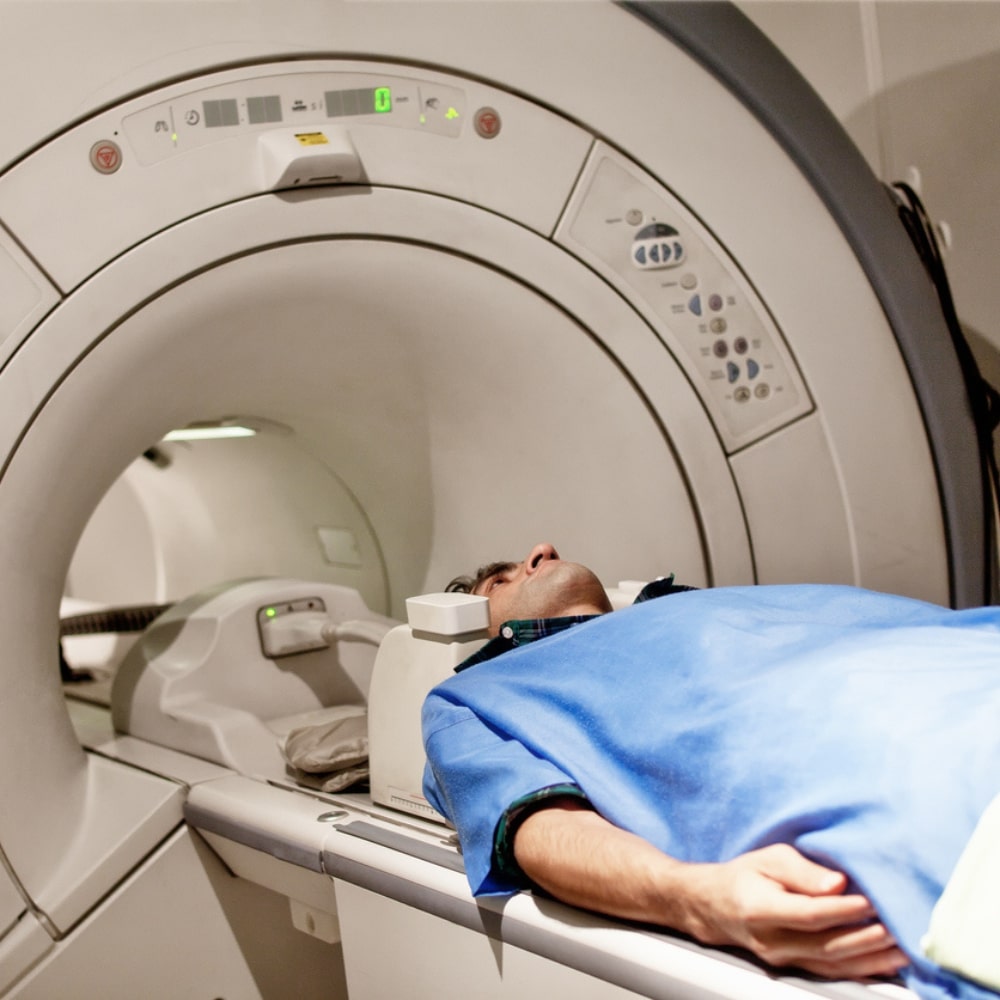
It appears that adulthood is not a milestone achieved in the late teens or early 20s, as traditionally believed. Neuroscientists have discovered that the journey to adulthood is much more complex than it appears, and the final destination is a person’s 30s!
Brains Under Construction
Researchers employed Magnetic Resonance Imaging (MRI) to observe the brains of 297 volunteers between the ages of 14 and 24. Their findings indicate that the brain continues to undergo significant developments even beyond the age of 18.
Professor Peter Jones of Cambridge University noted that the transition from childhood to adulthood is highly nuanced and does not adhere to a strict age boundary. He emphasizes that relying on the conventional label of “adult” at 18 is, in many ways, a societal convenience. He asserts that neuroscientific evidence suggests a more gradual process of maturation.
The Ongoing Brain Maturation
Dr. Jay Giedd, Chair of Child Psychiatry at the Rady Children’s Hospital San Diego, elaborated on the prolonged maturation of the brain.
He explained that the prefrontal cortex, responsible for social interactions, emotional regulation, impulse control, and risk assessment, continues to develop up to the age of 25, shattering the myth of full brain development by 18.
The Influence of the Cerebellum
Furthermore, the cerebellum, initially associated with coordinating motor skills, plays a pivotal role in cognitive processes. Cognitive coordination, similar to physical coordination, continues to evolve well into the early 20s. The brain’s environment significantly influences this development, contributing to what Dr. Giedd calls “mental clumsiness.”

The journey to adulthood is a more extended and intricate process than previously thought. This newfound understanding highlights the need for more nuanced approaches in education, healthcare, and law to cater to the evolving needs of individuals as they trasition to full adulthood.